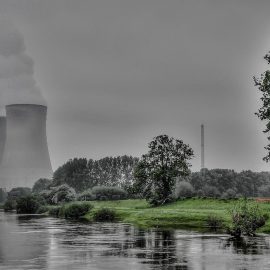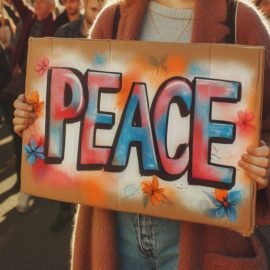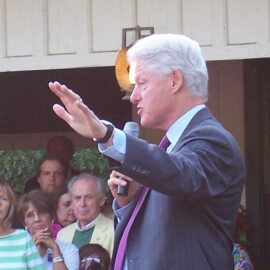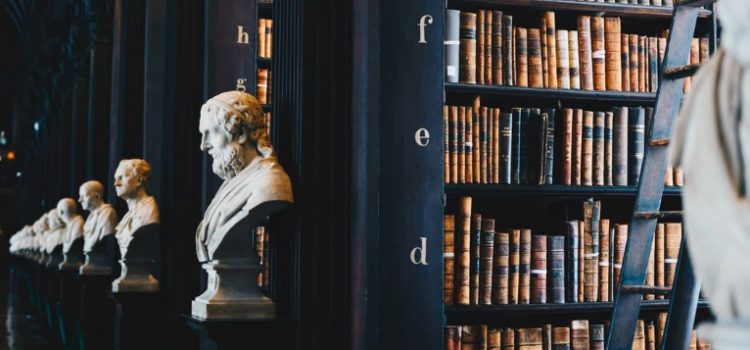
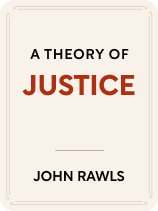
This article is an excerpt from the Shortform book guide to "A Theory of Justice" by John Rawls. Shortform has the world's best summaries and analyses of books you should be reading.
Like this article? Sign up for a free trial here.
Are you looking for John Rawls’s quotes from A Theory of Justice? What are some of the most noteworthy passages worth revisiting?
In A Theory of Justice, John Rawls explores the best and most just way a society can distribute social goods like rights, wealth, and power. He argues that people can and should determine the distribution of these goods entirely through reason, rather than by appeals to one’s identity—sex, race, religion, etc.
Below is a selection of passages highlighting some of the key ideas.
A Theory of Justice Quotes
What’s a definition of justice everyone can agree on? How should wealth and power be distributed in society? What obligations do citizens have to each other?
These are some of the questions John Rawls confronts in his 1971 work, A Theory of Justice. The conclusion is Rawls’s theory of “justice as fairness,” which merges liberalism’s emphasis on equal rights and individualism with economic equality and safety nets for the most vulnerable members of society.
Here’s a selection of John Rawls’s quotes from A Theory of Justice:
“All social values—liberty and opportunity, income and wealth, and the bases of self-respect—are to be distributed equally unless an unequal distribution of any, or all, of these values is to everyone’s advantage.”
Here, Rawls is referring to his principle of distributive justice, which states that everyone in society should have basic equal rights, liberties, and duties. This principle derives naturally from the original position, since everyone involved would want to guarantee they weren’t oppressed.
“… positions of authority and offices of command must be accessible to all.”
In addition to equal distribution of social goods, John Rawls argues for the right to equal political participation. Rawls’s conception of political equality extends beyond detached formal rules to include the equal right to exercise political power (by holding office or voting in an election, for example). This right ensures that people who already have some degree of wealth and power don’t get a greater say in political decisions.
For example, a formal rule ensures that each citizen has one vote in an election. However, this doesn’t guarantee equality by itself—Prudence, who is wealthy, can spend far more money than the average citizen to organize people around her political platform and campaign for votes. In this situation, Prudence would, in practice, be able to exercise more political power than most. Therefore, Rawls believes the state must place limits on the role of wealth in political organization or provide resources to those with less so they too can organize around issues.
“The limitation of liberty is justified only when it is necessary for liberty itself, to prevent an invasion of freedom that would be still worse.”
Rawls’s theory of justice as fairness allows for the restriction of certain liberties but only if doing so creates greater liberty for everyone. For example, privacy laws restrict an individual’s liberty to spy on their neighbors, but these laws create a broader right to privacy for everyone in society. In addition, Rawls suggests that this rule makes it unjust for a majority in society to oppress a minority. While that may limit the right of the majority to freely exercise political power, it preserves many more crucial rights and freedoms of the minority.
Rawls acknowledges that in a real society, social and historical circumstances interfere with perfect equality—for example, a historically oppressed group might still struggle to obtain true equality even in a society that believes everyone should have equal rights. Or, a violent political faction might have fewer rights to express their views for the sake of public order. In these cases, Rawls suggests it’s the duty of society to continuously work toward the greatest overall liberty—addressing the largest injustices first and making decisions based on what makes everyone as equal and free as possible.

———End of Preview———
Like what you just read? Read the rest of the world's best book summary and analysis of John Rawls's "A Theory of Justice" at Shortform.
Here's what you'll find in our full A Theory of Justice summary:
- John Rawls's 1971 theory of justice as fairness
- A breakdown of Rawls's Original Position theory and framework
- The three duties every citizen has in a just society

